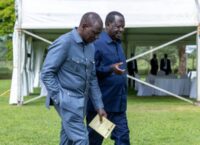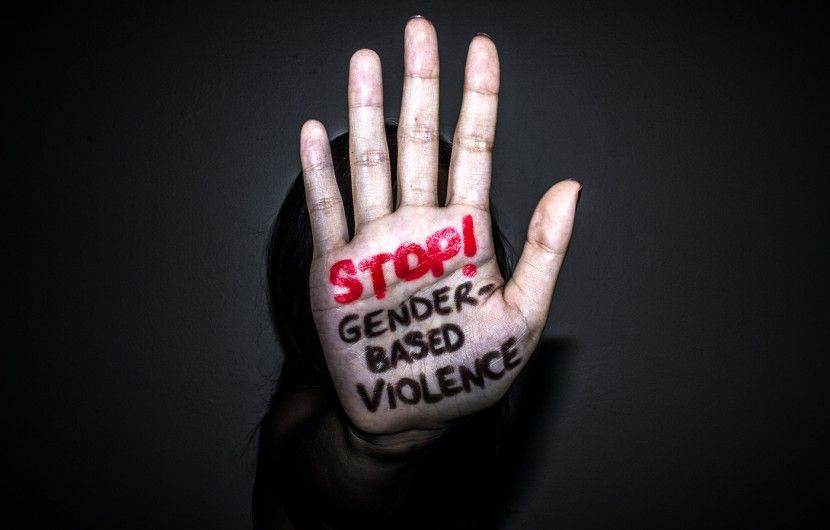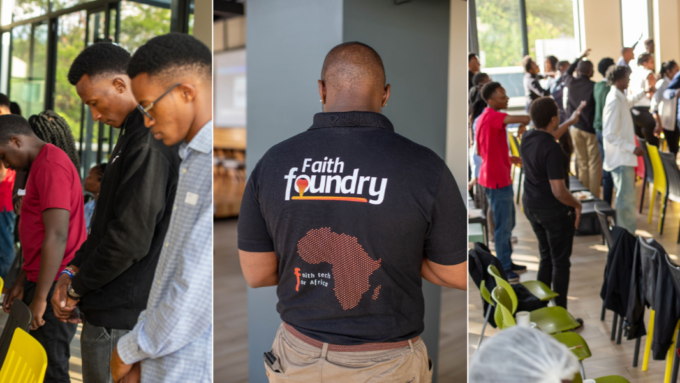Gender-based violence (GBV) affects women, men, and children in Kenya on a daily basis. Most likely violence has been rooted in our national rhythm, we read the headlines, briefly feel shocked, and then go on. However, we overlook the fact that GBV is not just a women’s issue. Our nation’s moral, social, and economic strand are all impacted by this national catastrophe.
For far too long, society has categorized gender-based violence as an issue that should be addressed by the Ministry of Gender, women’s organizations, or activists. However, how can we refer to it as a women’s issue when it destroys communities, impacts entire families, lower national production, and strains healthcare systems? A woman’s capacity to work is disturbed, her children suffer trauma, and the well-being of her community is put at risk when she is abused. Instead of being personal, the crease effects are national.
The Kenya Demographic and Health Survey (KDHS) reports that almost half of Kenyan women had been victims of sexual or physical abuse. These figures reflect human misery that could be easily avoided if society gave GBV the attention it merits. Every figure has a face, a tale, and a future that was cut short by inaction and silence.
Deep social injustices, such as the poisonous ideas that men must rule and women must suffer, are the foundation of gender-based violence. It is strengthened by a culture of impunity, victim-blaming, and silence. Violence develops when offenders are not held accountable and survivors are shamed. If we ignore such injustice, we cannot claim to be a progressive country.
National commitment is necessary to end GBV, not only awareness initiatives. GBV cases must be handled by law enforcement with the same gravity as those involving terrorism or corruption. Boys and girls must learn about equality, consent, and respect at a young age in our educational system. Leaders in the community and religion must utilize their power to question damaging cultural norms. The media has to stop focusing on sensationalism and instead concentrate on accountability and solutions.
Above all, men need to fight alongside women. The group that needs to be most active in GBV debates is all too frequently left out. Men need to realize that stopping violence is about restoring humanity, not about losing control.
A nation cannot grow if half of its citizens are afraid. Gender-based violence damages our families, diminishes our economy, and undermines our morals. The problem is not incidental. It is a situation that calls for moral awakening, policy reform, and national attention.
Kenya needs to address GBV as a national emergency rather than a gender issue if it is to genuinely pursue justice and equality. Because none of us are genuinely safe until every citizen is.















Leave a comment